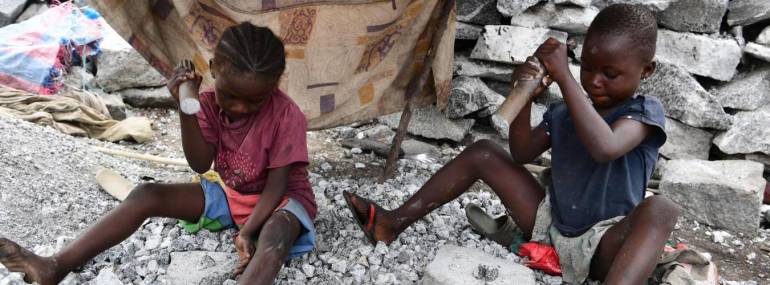International Day for the Abolition of Slavery on December 2

The International Day for the Abolition of Slavery is an annual event on December 2, organized since 1986 by the United Nations General Assembly.
The Convention for the Suppression of the Traffic in Persons and the Exploitation of the Prostitution of Others was approved by the United Nations General Assembly on December 2, 1949. Besides, by resolution 57/195 of December 18, 2002, the Assembly proclaimed 2004 the International Year to Commemorate the Struggle against Slavery and its Abolition.
Last year's celebration (2020), the theme is "Confronting Slavery's Legacy of Racism Together." The theme underscores the reality and effects of the transatlantic slave trade and racism, which has continued to divide societies across the globe and hamper advancement towards a world that respects human rights and enables sustainable development for all.
This year, 2021 theme: "Ending Slavery's Legacy of Racism: A Global Imperative for Justice," highlights the importance of educating about the history of the transatlantic slave trade and slavery to bring about an acknowledgment of slavery's impact on the modern world and action to address its long-lasting effects. The theme reflects the global movement to end injustices whose roots lie in the slave trade.
According to the International Labor Organization (ILO), more than 40 million people worldwide are victims of modern slavery. Although modern slavery is not defined in law, it is used as an umbrella term covering practices such as forced labor, debt bondage, forced marriage, and human trafficking. Essentially, it refers to situations of exploitation that a person cannot refuse or leave because of threats, violence, coercion, deception, and/or abuse of power.
In addition, more than 150 million children are subject to child labor, accounting for almost one in ten children around the world.
Radio Veritas Asia (RVA), a media platform of the Catholic Church, aims to share Christ. RVA started in 1969 as a continental Catholic radio station to serve Asian countries in their respective local language, thus earning the tag “the Voice of Asian Christianity.” Responding to the emerging context, RVA embraced media platforms to connect with the global Asian audience via its 21 language websites and various social media platforms.












